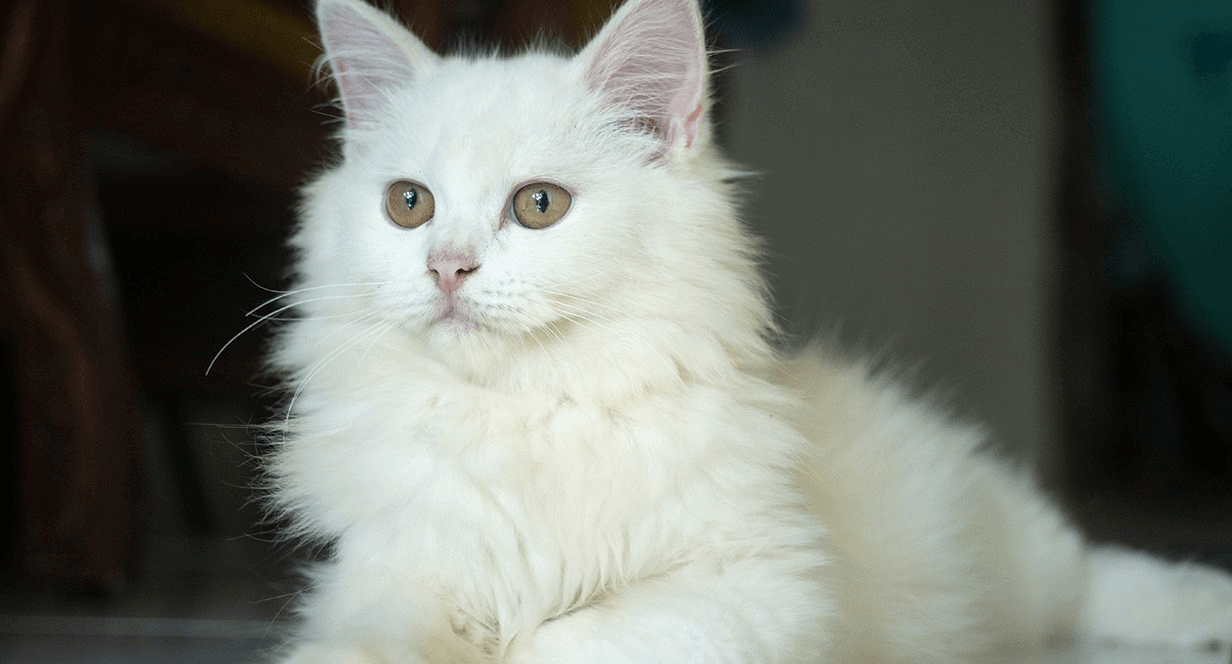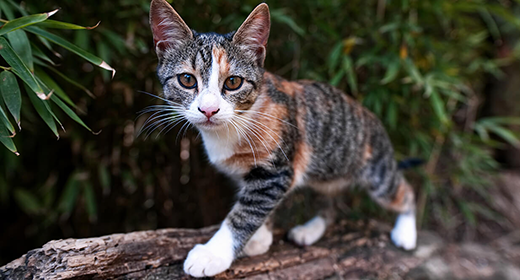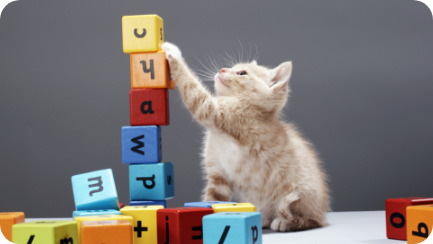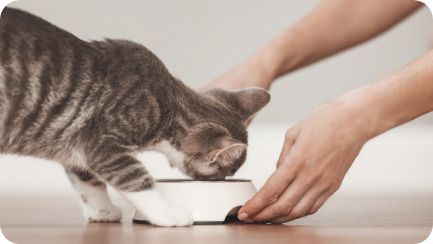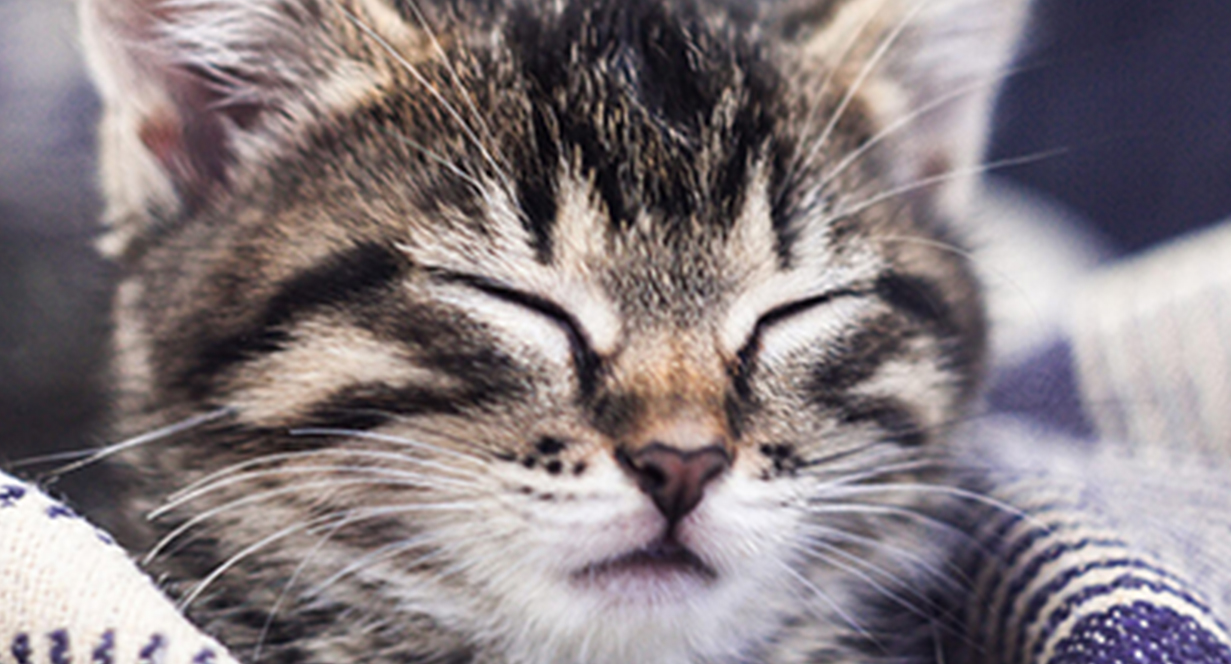
Kitten Basics: Do Kittens Get Hairballs?
Although it is not as common as it is in adults, kittens can get hairballs. Kittens are adept learners. As they grow up, their grooming habits will mature as well. This could lead to hairballs, especially if your kitten has longer hair.
How Do Hairballs Form?
Most cats spend a considerable amount of time grooming their coats. As they do so, the hair is swallowed and may build up over time in their stomach. If the hairball doesn’t pass from the stomach, the cat will attempt to eliminate it by coughing or gagging.
Many cats have a hairball at some point in life, but some cats, such as long-haired cats and cats that groom excessively, are especially prone to hairballs, which may occur during kittenhood.
In cats and kittens that are prone to hairballs, frequent brushing can help reduce the amount of hair that is ingested, thereby reducing the risk of hairball formation. Feeding a special diet designed to decrease the likelihood of developing a hairball may also help.
Can a Kitten Food Help Reduce Hairballs?
Diet can be important in hairball relief for several reasons.
The beet pulp in IAMS® dry kitten formulas helps move hair through the digestive tract.
For adult cats, IAMS research has shown that cats fed IAMS Hairball Care Formula pass 80% more hair in their feces than cats fed a leading premium dry cat food. By helping ingested hair to be passed from the digestive tract, IAMS hairball formulas help reduce the opportunities for hairballs to form. This fiber blend also includes a moderately fermentable component to promote intestinal health.
High-quality, animal-based protein and fat, such as that in IAMS kitten formulas, provide important nutrients for skin and coat health. Maintaining skin and coat health may reduce the risks of excessive shedding, ingestion of hair from grooming, and, consequently, hairball formation as your kitten grows into an adult cat.

